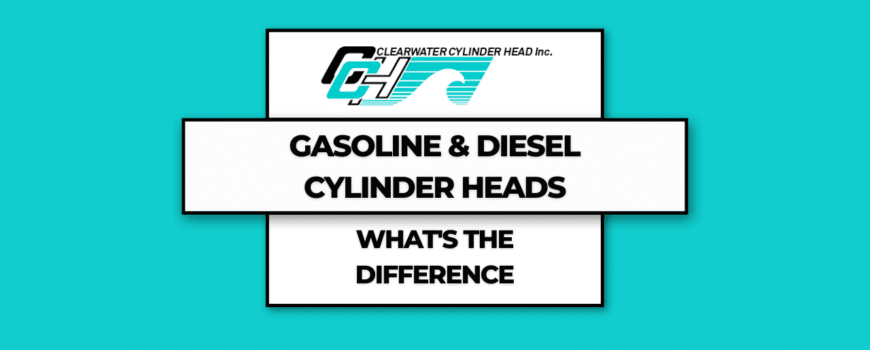The diesel engine, also known as the compression-ignition (CI) engine, is an internal combustion engine which can be found in a broad range of vehicles. It comes with the benefits of increased fuel efficiency and fewer mechanical problems, but at the risk of more expensive–though rarer–trips to both the gas station and the repair shop.
History
Rudolph Diesel grew up and studied steam engines at the turn of the century. At the time, steam power was king, but required so much coal and such expensive maintenance for so little output that only large companies could afford them. He began development in 1885, and by 1897 had produced a test engine with an efficiency 2.6x higher than many steam engines.
Sadly, his success was not immediate. While marketing his invention, he suffered a nervous breakdown and slowed development. Dogged by many other engineers, companies, the threatened coal industry, critics, and financial troubles, he went missing from a ship on a voyage to England in 1913 and was presumed dead.
Following his death, his patents began to expire, and a number of companies resumed development of the engine into what we see today.
How it Works
The most key difference between gasoline and diesel engines is how they ignite the fuel mixture inside their internal chambers. While gasoline engines use spark plugs to ignite fuel, diesel engines use mechanical compression to increase the temperature of the air inside their chambers enough that the fuel ignites spontaneously.
This means diesel engines tend to be of simpler, sturdier design, as they lack the electronics required for spark plugs to function, and must be built to withstand the high pressures of the compression-ignition process.
The cylinder head of a diesel engine follows these differences as well: instead of including spark plugs, a diesel cylinder head has injection nozzles, and may include glow plugs. Glow plugs shorten the engine’s starting time in very cold weather by briefly operating in a similar manner as spark plugs, until the engine warms enough to operate on its own.
In Conclusion
A major advantage of the diesel engine is its fuel efficiency. Out of all other combustion engines, diesel engines produce the highest level of energy for how much fuel is burned. There’s also a broad diversity of fuels it can accept, including fuel oils and biofuels. These fuels are less flammable, can have good lubrication properties, and in the case of biofuels, can even be made for free from discarded oils and other materials!
Some popular diesel cylinder heads on offer from Clearwater Cylinder Head:
- Ford Powerstroke 6.0, 6.3, and 7.3
- International Navistar 7.3 IDI
- 5.9L 12V & 24V 6BT Cummins engine
- Duramax 6.6L & 2.8L
Ultimately, diesel engines can be highly reliable and suit a broad range of uses, whether found in a luxury town car or a workhorse truck. Just as with gasoline engines, the deciding factor is the personal choice and needs of the buyer.
The Cylinder Head Repair Experts
Clearwater Cylinder Head Inc. (CCH) is a reputable, experienced (over 25 years) dealer. We specialize in providing quality and warranty-backed rebuilt cylinder heads for a variety of vehicles (cars, trucks, boats, etc). With a massive online catalog of cylinder heads, you can view CCH’s inventory of diesel cylinder heads. If you have a rare or hard to find cylinder head, we can rebuild that for you. The knowledgeable staff at CCH is happy to help you find the cylinder head that is right for your vehicle. Please contact Clearwater Cylinder Head Inc. toll-free at 1-800-572-1963.

